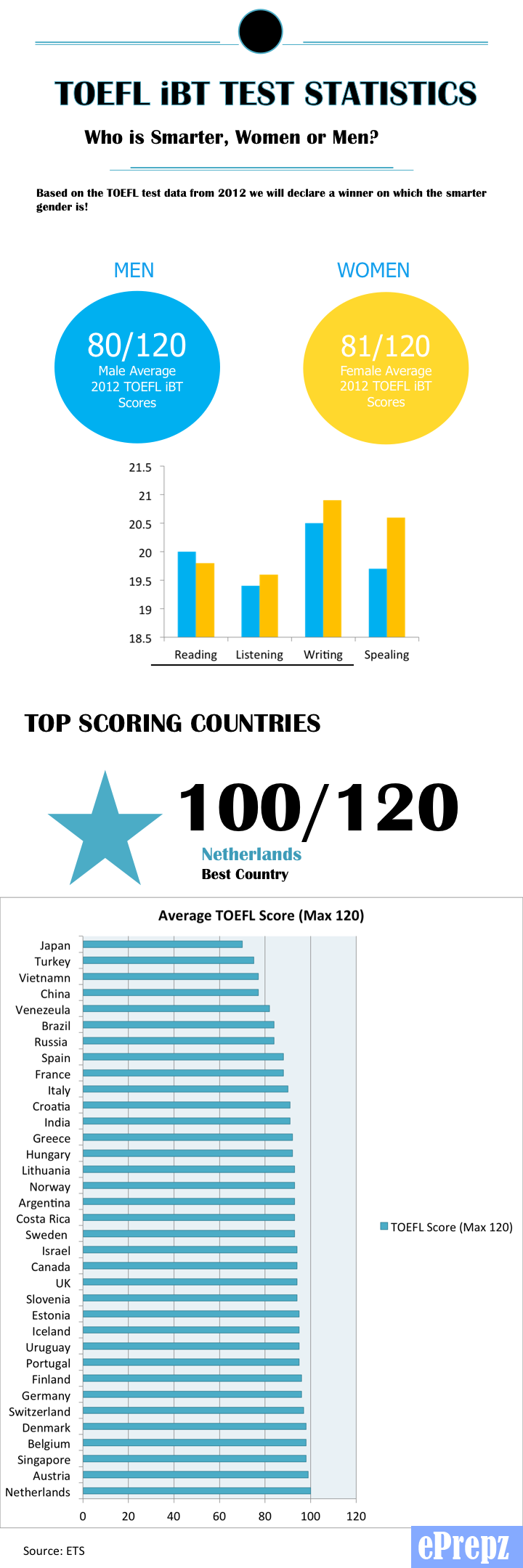The TOEFL listening section includes up to six lectures, the lectures are followed up with six questions based on the lectures. The listening section also includes two or three listening conversations. The time for the listening part of the TOEFL is either 60 or 90 minutes long.
So what type of lectures and conversations can you expect from the TOEFL? Since the test is based on academic English you will mostly hear lectures and conversation between students and teachers.
The speakers in the listening section will simulate real lectures and conversations, this means that the speakers will occasionally make mistakes, pause or change topics. Like previously stated, the key is to stay on track during the lecture or conversation so that you may take good notes.
The questions between the listening comprehension and reading comprehension are very similar. Before starting the lecture or conversation you will be given hints on what the topic will cover. This will give you some time to prepare on what type of questions to expect.
Lectures: This is when a professor gives a lecture to a class. It will either be a straight 5 minutes lecture without interruptions or with students asking interrupting to ask questions. The lectures will be followed by six questions.
Conversations: In this part you will be listening to conversations between students and teachers or others within a university. The conversations lasts around three to five minutes and are followed by five questions.
Lectures are usually longer than conversations; you need to be more aware of details when listening to a lecture. The lectures also tend to cover more topics while the conversations are usually straight to the point.
Here are some tips for the TOEFL listening section.
1. If you feel lost during a lecture, don’t panic, the professor will often give examples to clarify what they are trying to teach.
2. Take good notes when listening to a lecture.
3. Be aware of the organizational structure of the lecture
4. Keep your notes short and to the point.
5. Listen to a couple lectures online when preparing for the test.
That’s it for our overview on the TOEFL listening section, for more TOEFL tips and tactics sign up with ePrepz! We wish you best of luck on the TOEFL test!
